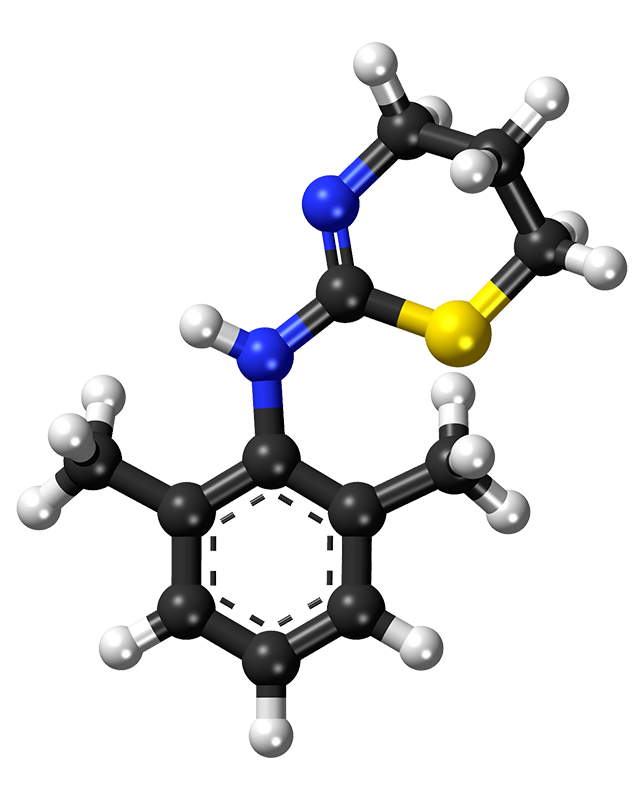
Why do we need a health approach, not more criminalization for xylazine?
Criminalizing xylazine will deter people from seeking lifesaving support.
Xylazine is not a controlled substance. Criminalizing xylazine, including scheduling it on the federal Controlled Substances Act (CSA), will likely result in an even more unknown and potentially dangerous drug supply.
Drug prohibition leads to stronger, more potent illicit drugs.
Restricting prescription opioids did not end demand for opioids. Instead, it just sent people to the underground heroin supply. Crackdowns on heroin led suppliers to produce cheaper, potent and easily smuggled fentanyl. Harsh fentanyl penalties incentivized fentanyl analogues to flood our markets. And now, history is once again repeating itself. The classwide scheduling of fentanyl-related substances—which criminalizes all fentanyl-related substances more harshly, regardless of whether they are harmful or not—and the criminalization of fentanyl analogues more generally is leading to new and even more unknown drugs, like xylazine. We are increasingly seeing xylazine, etizolam, benzodiazepines, and nitazenes overtaking some markets as a result of harsh crackdowns on fentanyl analogues.
Simply put: crackdowns put us in a game of whack-a-mole. When we try to eradicate one drug, a new one comes up. Often, it is a drug that consumers are not prepared for or has unpredictable effects. As a result, it creates more harms, because people who use drugs are not aware of what they are using or how strong it is.
Criminalizing xylazine will deter people from seeking lifesaving support.
Harsher penalties and criminalization can even prevent people from calling for help when someone is experiencing an overdose. This is because they are afraid of being prosecuted or facing other kinds of repercussions. This can include loss of employment, housing, or custody of their children.
We need a health approach to xylazine.
Our elected officials need to invest in a health approach that invests in addiction services and social supports. This includes voluntary treatment, housing, employment, harm reduction (including overdose prevention centers), recovery services, and peer support. We also need to start conversations on safer supply so that people know what’s in the drugs they are getting.

